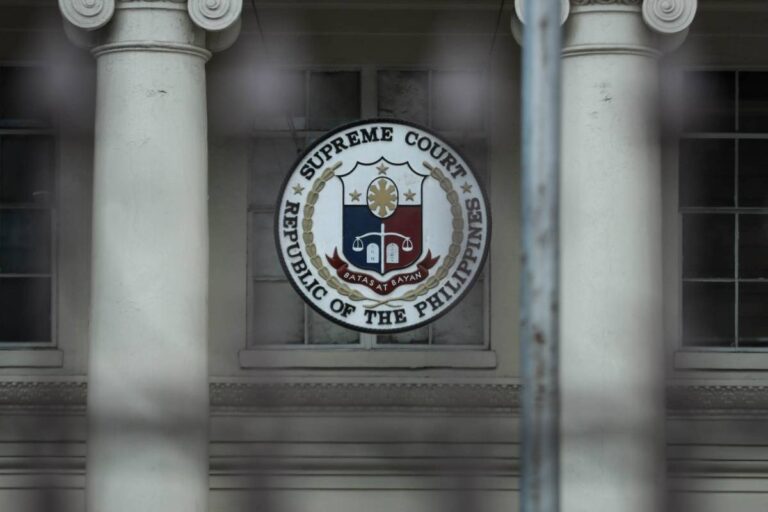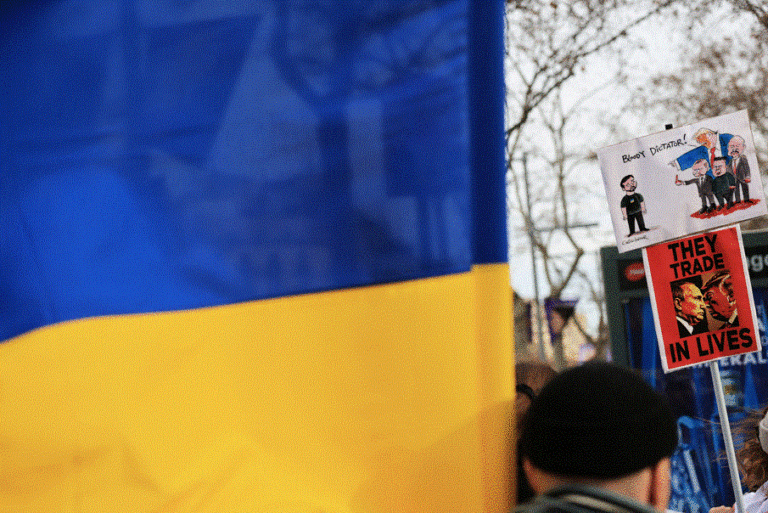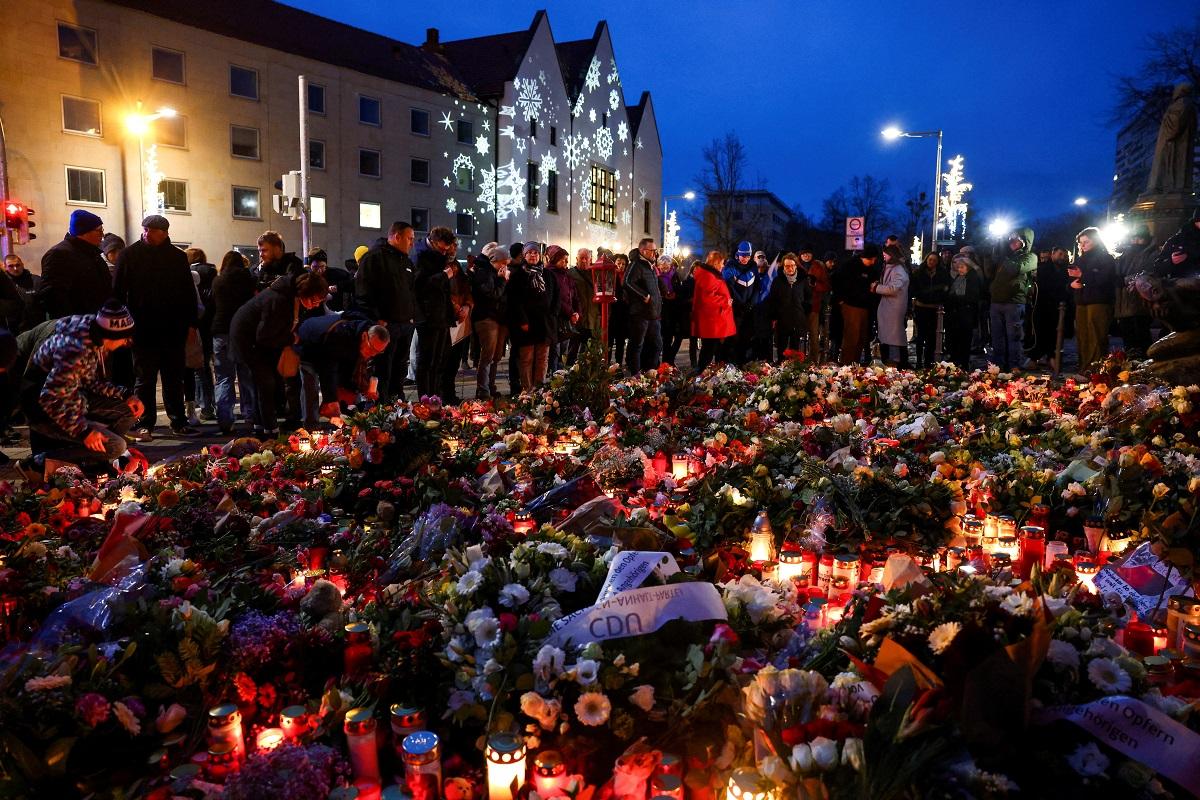BERLIN — A peaceful Christmas market in Magdeburg, Germany, turned into a scene of heartbreak when a man drove his car into a crowded festive gathering on Friday evening, leaving five people dead and injuring dozens more. The horrific attack has sparked national grief and intense debate over immigration and security.
What Happened?
Authorities reported that the attacker, identified as 50-year-old psychiatrist Taleb A., drove through emergency exit points and sped into the Christmas market crowds. Over 200 people were struck during the three-minute rampage. Among the deceased were a nine-year-old boy and four women aged 52, 45, 75, and 67. Nearly 40 others are battling serious or critical injuries.
Taleb A., who lived in Germany for nearly two decades, was arrested at the scene. He now faces charges of five counts of murder and multiple counts of attempted murder and grievous bodily harm.
Who is the Suspect?
The suspect is a Saudi-born psychiatrist known for controversial views. Despite his heritage, he has been outspoken against Islam and was active in helping ex-Muslims escape Saudi Arabia. In the past, he voiced support for Germany’s far-right Alternative for Germany (AfD) party and Elon Musk.
Though his exact motives remain unclear, prosecutors believe frustration with Germany’s treatment of Saudi refugees may have played a role. Saudi officials had previously warned Germany about his inflammatory social media posts, raising questions about whether this tragedy could have been prevented.
The Aftermath
The attack has deeply shaken the city of Magdeburg. Vigils were held for the victims, with residents laying flowers and lighting candles in solidarity. Chancellor Olaf Scholz attended a service in the city’s cathedral, offering condolences and support to the grieving families.
However, the incident has also ignited political tension. A far-right protest drew 2,100 participants on Saturday, with demonstrators demanding stricter immigration policies. The rally, marked by banners calling for “remigration” and some minor disturbances, reflects rising anti-immigrant sentiment in the region.
Political and Security Implications
Germany’s political landscape is already under strain. The AfD party, which has gained traction in former East Germany, plans further rallies. Meanwhile, opposition parties and security experts are calling for better coordination between federal and state authorities to prevent such attacks.
Sahra Wagenknecht, leader of the new leftist BSW party, emphasized the need for stronger security measures, pointing to ignored warnings about the suspect as a grave oversight.
Looking Ahead
As Magdeburg mourns, Germany must grapple with questions of accountability, safety, and the complexities of immigration. The upcoming elections in February are likely to see these issues take center stage, with political parties vying to address the concerns raised by this devastating event.
For now, the focus remains on healing and ensuring that the tragedy of Magdeburg is never repeated.


















